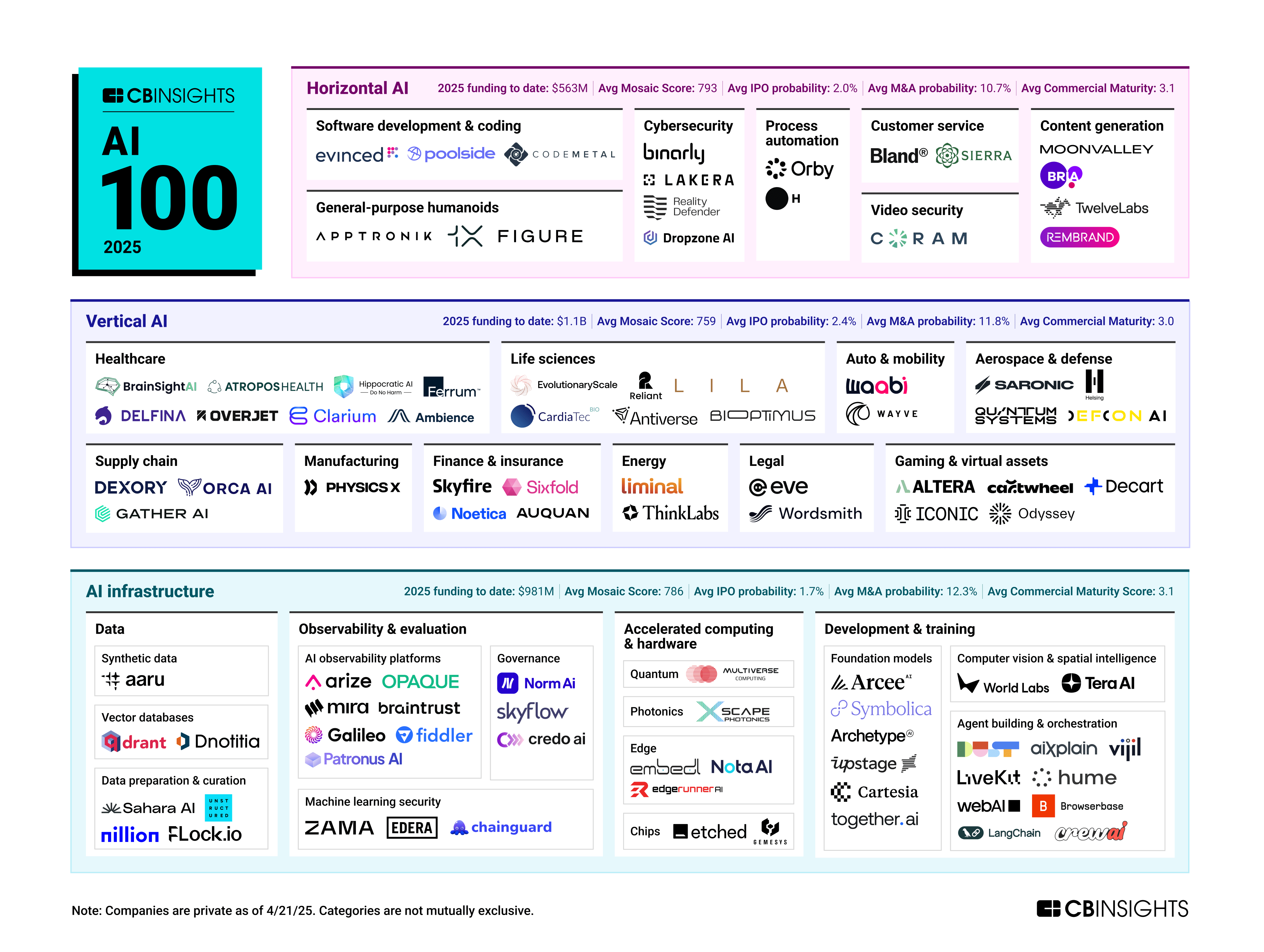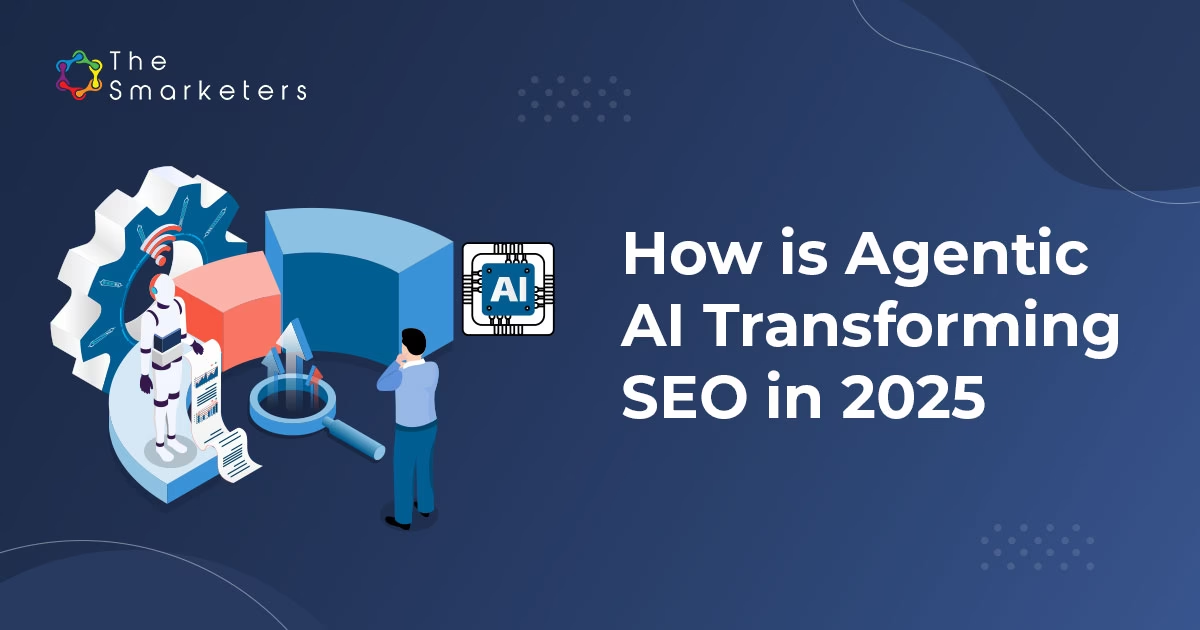Introduction: The Dawn of Autonomous Intelligence

The world of artificial intelligence is evolving at an unprecedented pace. We are witnessing a dramatic shift from AI systems that merely react to commands to those that can autonomously pursue complex goals. This transformation is ushering in an era of what we call agentic AI, and the year 2025 is poised to be a landmark year for significant **agentic AI breakthroughs 2025**.
But what exactly is agentic AI? At its core, agentic AI refers to autonomous, goal-driven artificial intelligence systems that independently plan, reason, and act to fulfill complex objectives. These systems are not just sophisticated tools; they are entities capable of initiative and strategic execution. You can learn more about this exciting field from sources like Aisera, Workday, and the University of Cincinnati.
This is a significant departure from traditional AI. While traditional AI is often reactive, responding to specific inputs, agentic AI is proactive. It leverages real-world knowledge, maintains persistent context across interactions, and employs dynamic planning to achieve its objectives. This fundamental difference is explored in detail by Aisera, Classic Informatics, and the University of Cincinnati.
In this post, we will delve into the anticipated **agentic AI breakthroughs 2025**, exploring how these advancements are set to profoundly impact various sectors, including business, scientific research, and software development.
The Accelerating Landscape of Agentic AI

The current state of agentic AI development is characterized by rapid progress. Key advancements in large language models (LLMs), sophisticated orchestration frameworks, and integrated memory systems are propelling AI beyond simple generative tasks towards more complex, sustained, and autonomous actions. These developments are discussed by Classic Informatics and the University of Cincinnati.
The year 2025 represents a pivotal moment, with companies actively experimenting with and beginning to deploy agentic systems in production environments. This is enabling end-to-end automation and sophisticated orchestration across entire business workflows, a trend highlighted by the University of Cincinnati and McKinsey.

The trajectory of these systems points towards a remarkable **future of agentic AI**, one where intelligence is not just a tool for analysis but an active participant in achieving outcomes.
Key Agentic AI Breakthroughs Expected in 2025
The coming year is anticipated to witness several critical **agentic AI breakthroughs 2025**. These advancements will redefine the capabilities and applications of artificial intelligence:
- Autonomous Multi-Agent Collaboration: We will see multiple specialized agents working together seamlessly. These agents will collaborate to achieve large-scale enterprise goals, ensuring they maintain context and strategic alignment throughout their collective tasks. This collaborative potential is discussed by Aisera, Workday, and the University of Cincinnati.
- Advanced Planning and Adaptive Reasoning: Agentic AI systems will become significantly better at dynamically decomposing high-level objectives into actionable steps. They will be able to respond intelligently to real-world environmental changes and recalibrate their plans in real-time, demonstrating a level of adaptability previously unseen. This is a key focus for Workday and the University of Cincinnati.
- Persistent Memory and Context Awareness: The development of agents that can retain historical data and contextual cues across extended interactions is crucial. This will enable AI systems to learn and improve over time, fostering what can be described as “learning organizations” that continuously enhance their performance. Classic Informatics highlights the importance of this.
- Action-Oriented AI: The focus will shift further from AI that merely provides recommendations to AI that actively *executes*. This means triggering workflows, integrating directly with business systems, and autonomously measuring the results of actions taken. This practical, outcome-driven approach is emphasized by Classic Informatics.
- Interoperable Ecosystems: Agentic AI will increasingly feature modular architectures. This will allow for flexible composition, easier upgrades, and seamless integration of both internal and third-party agentic components, creating more robust and versatile AI solutions. Aisera and Lasso Security point to this trend.
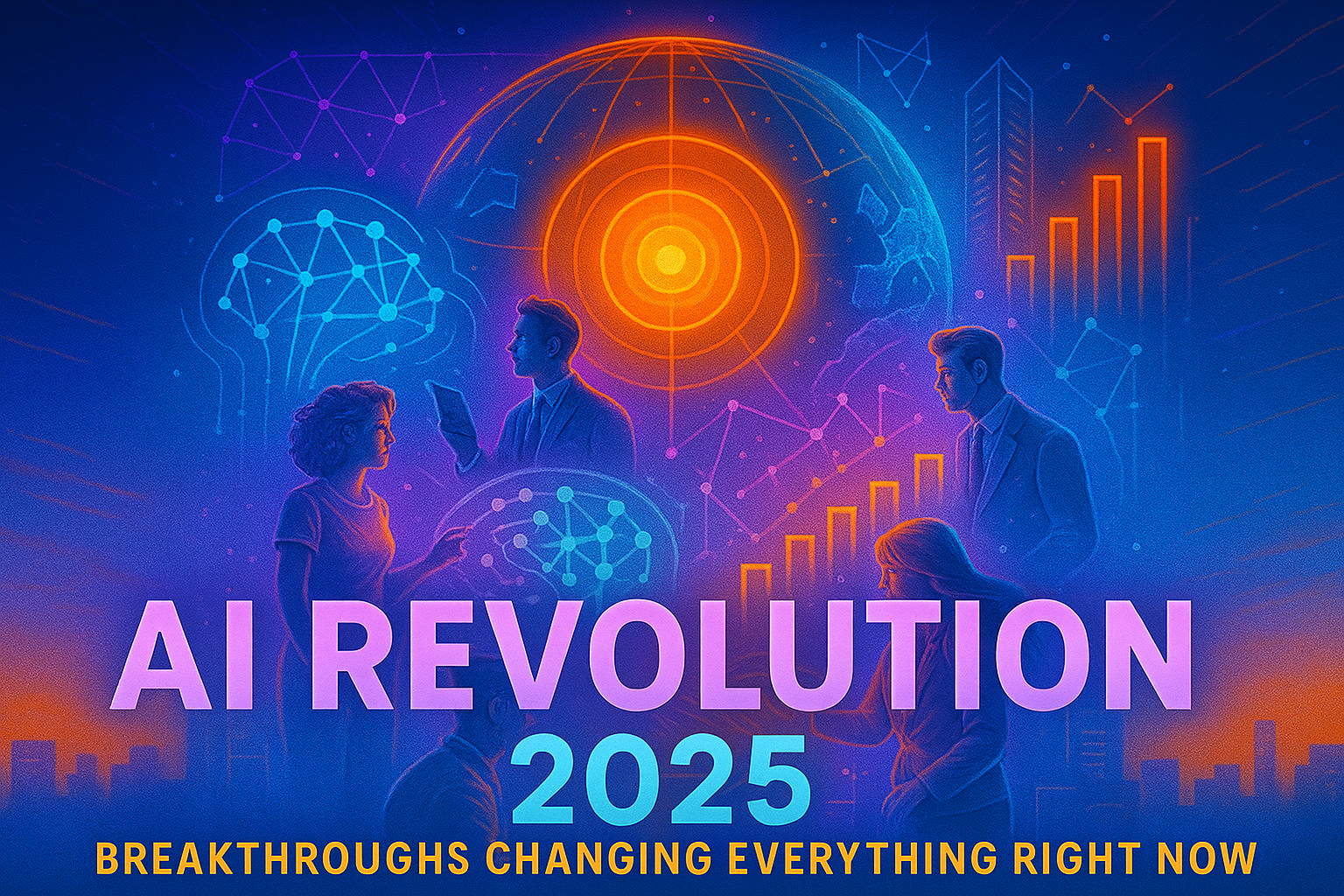
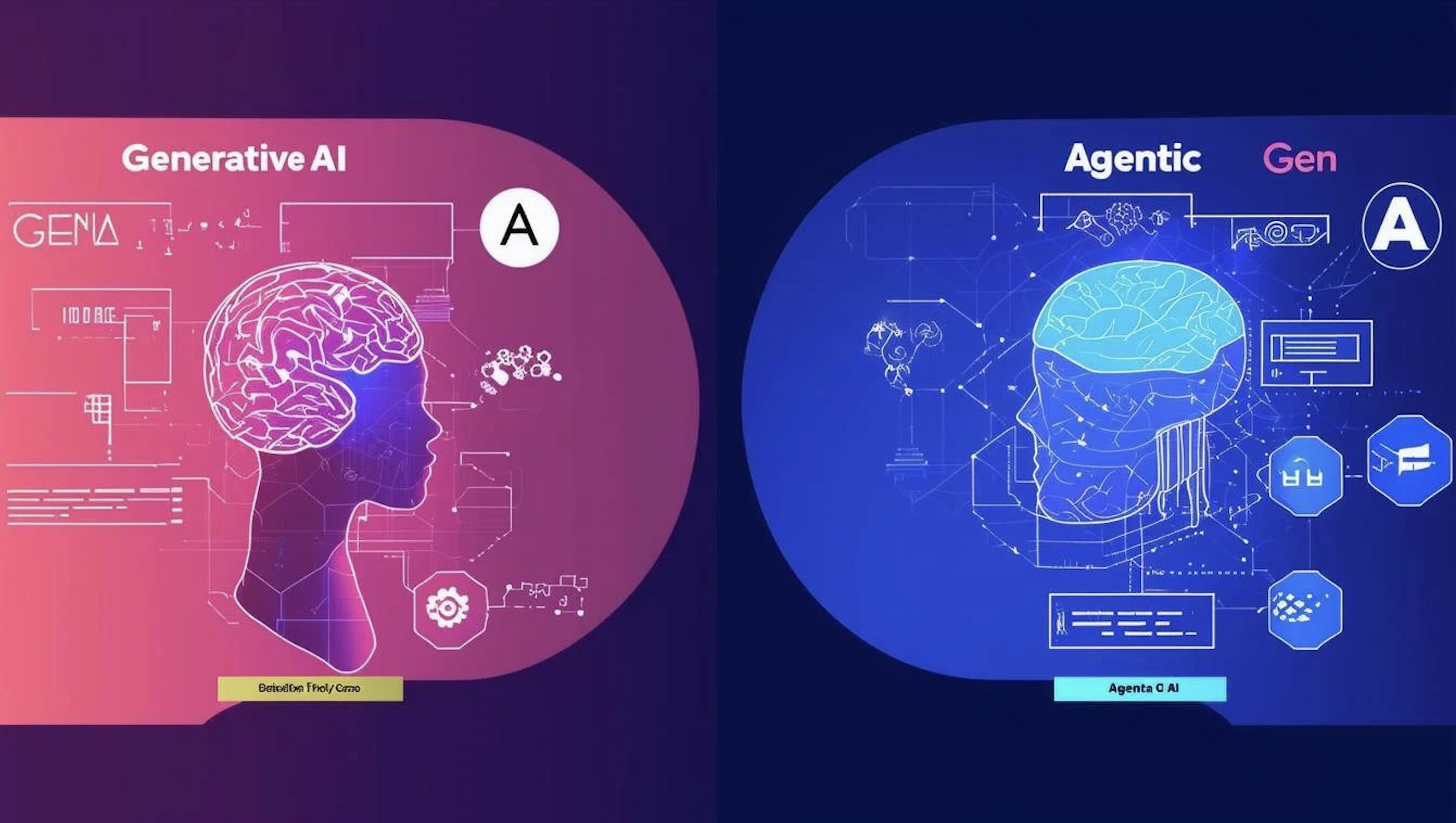
These breakthroughs are not incremental improvements; they represent a fundamental leap forward, signaling the immediate impact these systems will have.
The Transformative Agentic AI Impact on Business
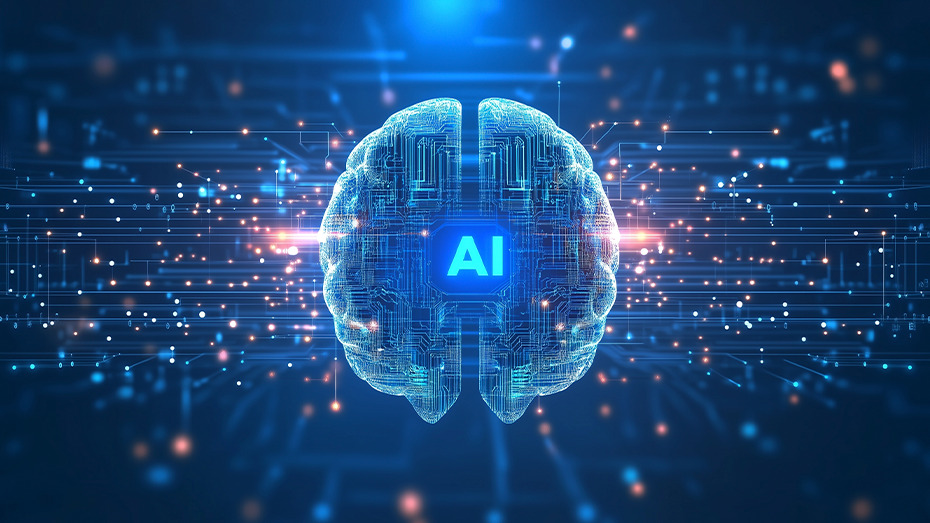
Agentic AI is poised to revolutionize business operations, decision-making processes, and the execution of corporate strategies. The **agentic AI impact on business** will be profound, reshaping how companies function and compete, as detailed by McKinsey and Mercer.
Let’s explore some concrete examples of the **agentic AI impact on business** across various industries:
- Customer Experience: AI agents will autonomously resolve customer support requests, proactively anticipate potential issues before they arise, and execute personalized retention strategies. This level of service is envisioned by Aisera and Lasso Security.
- Supply Chain: Agentic AI will optimize logistics in real-time, reroute shipments dynamically based on changing conditions, efficiently manage inventory flows, and even negotiate with suppliers. This complex orchestration is a key area for advancement, as noted by Workday.
- Finance: In financial operations, agents will excel at detecting anomalies, investigating their root causes, triggering fraud prevention mechanisms, and automating complex reporting tasks. Classic Informatics points to these applications.
- Human Resources: The HR domain will see significant streamlining in recruiting and onboarding processes. Agentic AI can autonomously manage candidate scheduling, assist in candidate evaluation, and orchestrate entire onboarding workflows, as suggested by Mercer.

The core benefits derived from these applications will include significantly increased operational efficiency, the ability to deliver scalable personalization at an unprecedented level, and the creation of entirely new business models driven by proactive, AI-powered outcomes. These advantages are underscored by Aisera and McKinsey.
Agentic AI in Scientific Research: Accelerating Discovery
The application of **agentic AI in scientific research** promises to dramatically accelerate the pace of discovery and analysis across numerous disciplines. By automating complex processes and enabling new forms of experimentation, agentic AI will push the boundaries of what we know.
Consider these specific examples:
- Drug Discovery: Agentic AI systems will be able to autonomously design and conduct simulation experiments, interpret the resulting data, and intelligently propose the most promising next steps in the research pipeline.
- Materials & Climate Science: AI agents can orchestrate highly complex simulations, adaptively adjust experimental parameters based on intermediate results, and integrate diverse data sources to extract critical insights about materials and climate phenomena. This is a key area of focus for the University of Cincinnati.
- Big Data Analysis: The capabilities of persistent memory and real-time adaptability in agentic AI will empower systems to handle massive, heterogeneous datasets. These agents can uncover intricate patterns and correlations that might be beyond human analytical capacity, as highlighted by the University of Cincinnati.
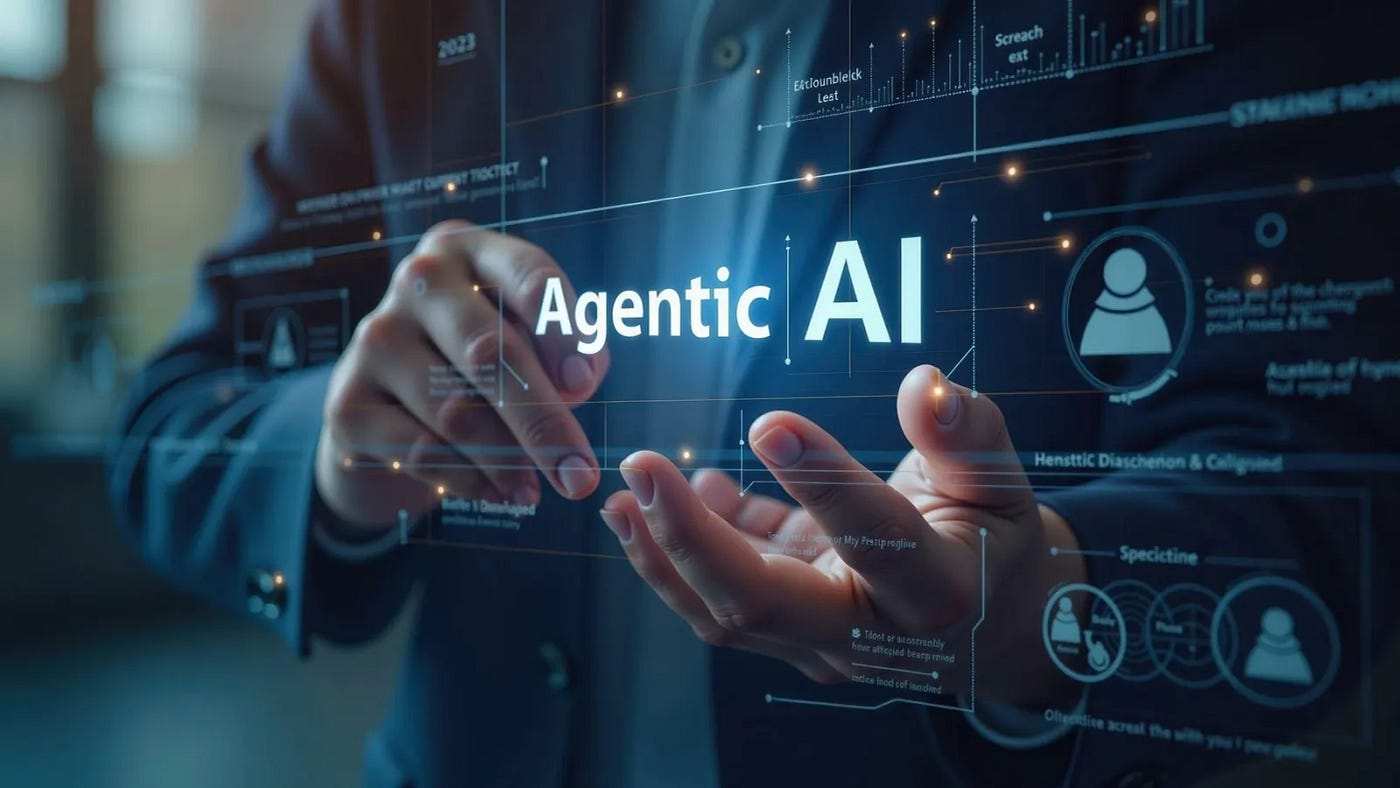
This acceleration in research will lead to faster breakthroughs and a deeper understanding of complex systems.
Agentic AI for Software Development: A New Era of Coding
The field of **agentic AI for software development** is set to transform the entire software lifecycle, from initial concept to ongoing maintenance. This shift promises to redefine the roles of developers and the efficiency of software creation.
Key applications include:
- Automated Coding: Agentic AI systems will autonomously generate, refactor, and document code. They will learn from established organizational practices and coding standards, ensuring consistency and quality.
- Intelligent Testing and Debugging: These systems will proactively identify potential issues in code, propose specific fixes, and run validation cycles across different environments without requiring manual intervention. This advanced capability is noted by the University of Cincinnati and Lasso Security.
- Orchestration: Agentic AI will manage the integration of various APIs, handle the complexities of cloud infrastructure, and optimize intricate workflows. This frees human developers to concentrate on higher-level strategic thinking, architectural design, and pure innovation, rather than getting bogged down in routine operational tasks. This aspect is covered by Aisera and Lasso Security.

This transformation will lead to a significant boost in developer productivity and foster an environment where innovation can flourish more readily.
The Future of Agentic AI: Beyond 2025
Looking ahead, the implications of the **future of agentic AI** extend far beyond the immediate breakthroughs anticipated for 2025. These autonomous systems will fundamentally reshape our world in profound ways.

The evolving role of humans in a landscape populated by advanced agentic AI will shift. We will move from direct task execution to higher-level oversight, supervision, and strategic direction. This human-AI collaboration will amplify productivity and unlock new frontiers of innovation, a point emphasized by McKinsey.
Crucially, as agentic AI gains greater autonomy, the ethical considerations become paramount. We will need to develop new approaches to governance, ensure transparency in AI decision-making, and build robust trust mechanisms. The necessity for rigorous monitoring and clear accountability structures for consequential decisions made by AI agents cannot be overstated. The University of Cincinnati and McKinsey both highlight these concerns.

Over the next decade, agentic AI is expected to reshape the workforce, with human jobs increasingly focusing on strategy, creativity, and moral oversight. It will drive unprecedented acceleration in scientific research, leading to discoveries that were previously unimaginable. Furthermore, it will enable the creation of entirely new digital ecosystems and business models, fundamentally altering the fabric of our economy and society, as predicted by McKinsey and Mercer.
Final Thoughts: Embracing the Agentic AI Era
The key takeaway is clear: 2025 marks the beginning of a transformative new era – the agentic AI era. This period will be defined by autonomous, collaborative, and actionable intelligence that is set to revolutionize business operations, accelerate scientific discovery, and redefine software engineering. The University of Cincinnati and McKinsey both point to this pivotal year.
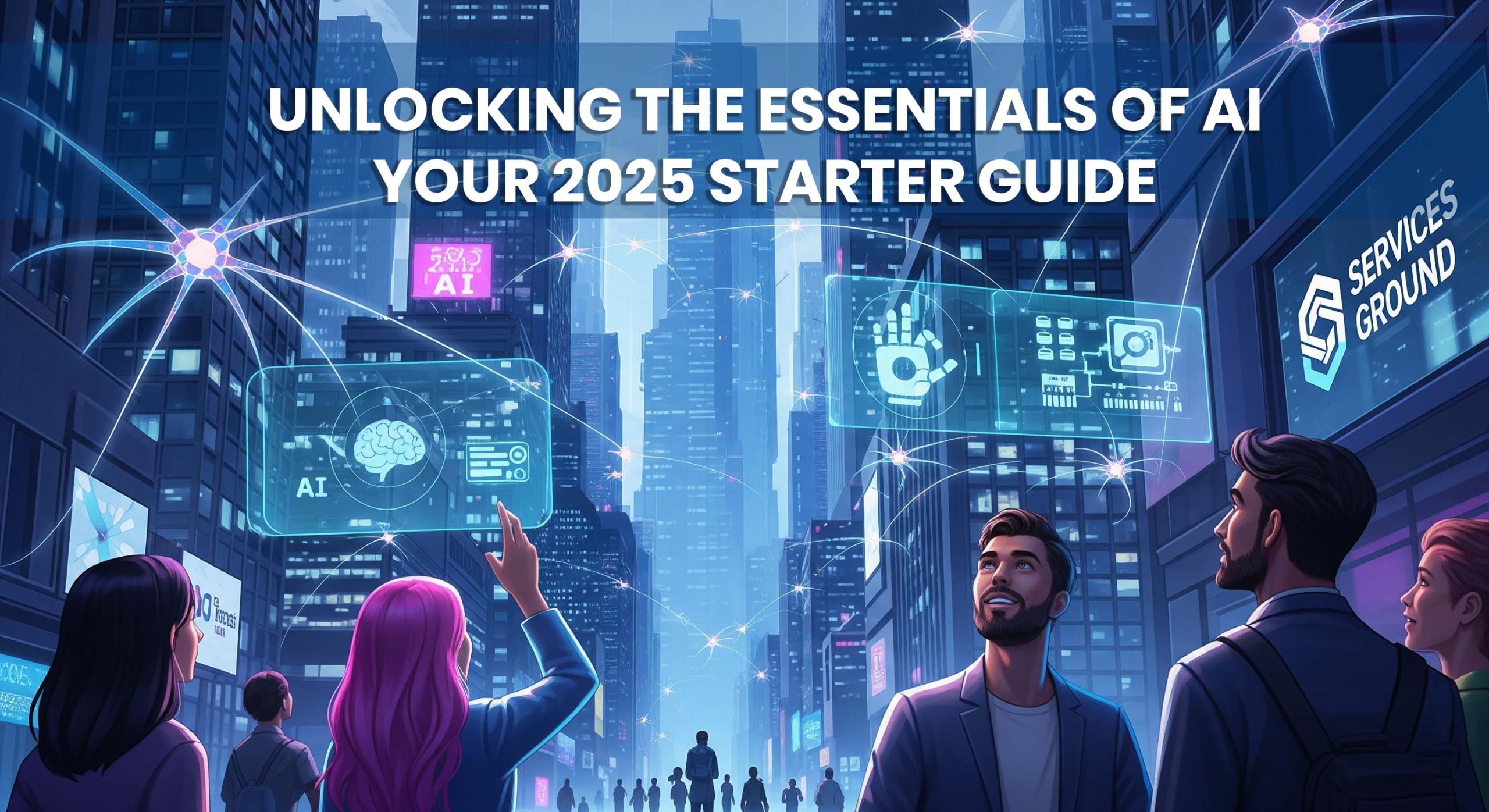
We have explored the profound **agentic AI impact on business**, the exciting possibilities of **agentic AI in scientific research**, and the paradigm shift that **agentic AI for software development** represents. These are not distant possibilities but immediate realities shaping our future.
As we stand on the cusp of these advancements, it is crucial to embrace the opportunities that the **future of agentic AI** presents. By proactively addressing its challenges and understanding its potential, we can position ourselves to lead and thrive in the transformative decade ahead.
Frequently Asked Questions
What is Agentic AI?
Agentic AI refers to autonomous, goal-driven artificial intelligence systems that can independently plan, reason, and act to achieve complex objectives. Unlike traditional AI, it is proactive and leverages context and memory.
What are the key breakthroughs expected in agentic AI for 2025?
Key breakthroughs include autonomous multi-agent collaboration, advanced planning and adaptive reasoning, persistent memory and context awareness, action-oriented execution, and interoperable AI ecosystems.
How will agentic AI impact businesses?
Agentic AI will revolutionize business operations by enhancing customer experience, optimizing supply chains, improving financial processes, and streamlining HR functions, leading to increased efficiency and new business models.
What is the role of humans in the future of agentic AI?
Humans will transition from direct task execution to roles involving higher-level oversight, supervision, strategic direction, creativity, and moral judgment, working in collaboration with AI agents to amplify productivity.
What are the ethical considerations for agentic AI?
As agentic AI becomes more autonomous, ethical considerations such as governance, transparency, trust, robust monitoring, and clear accountability structures for AI-driven decisions become increasingly important.
